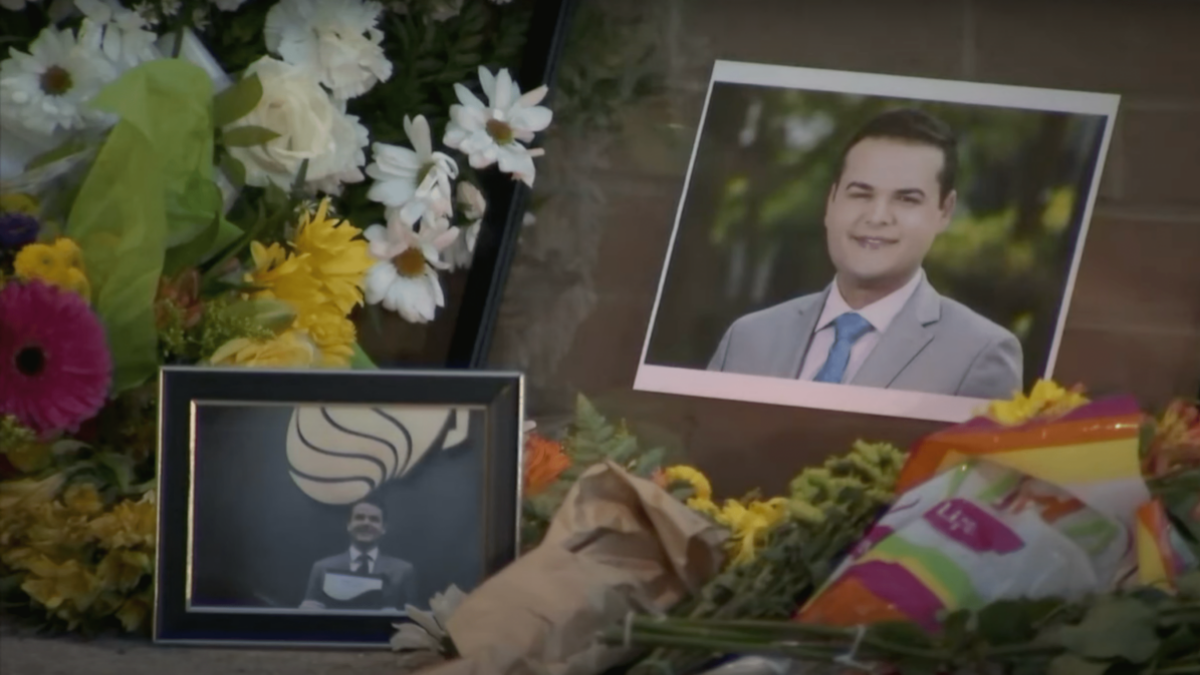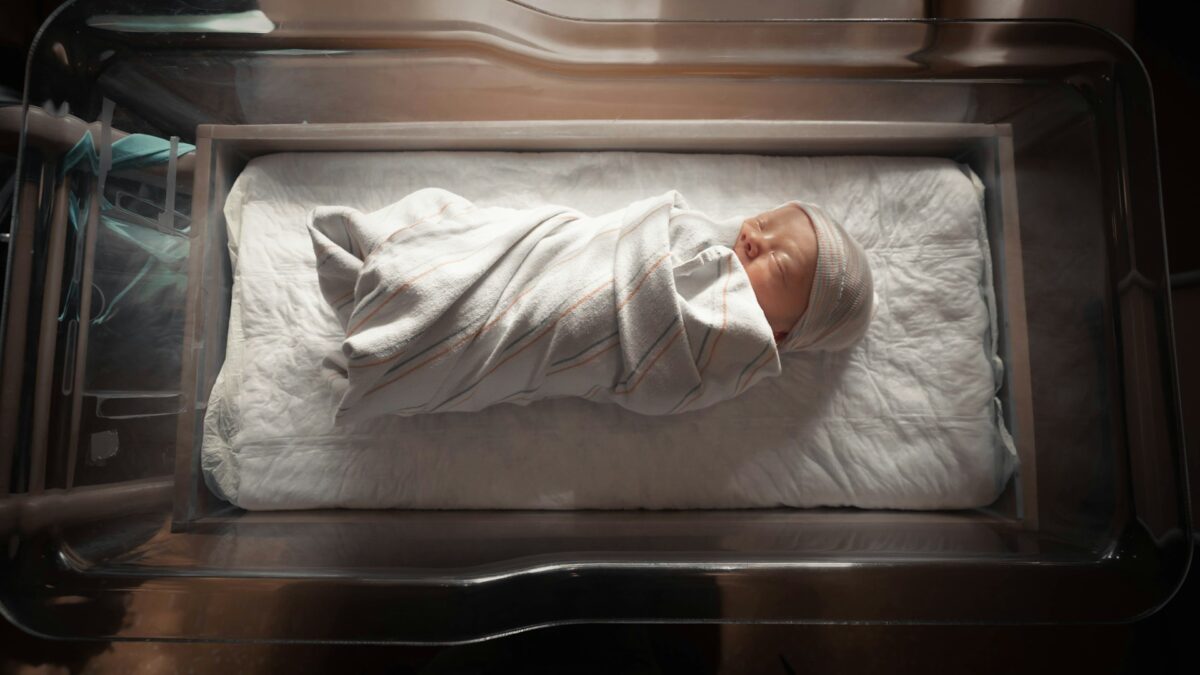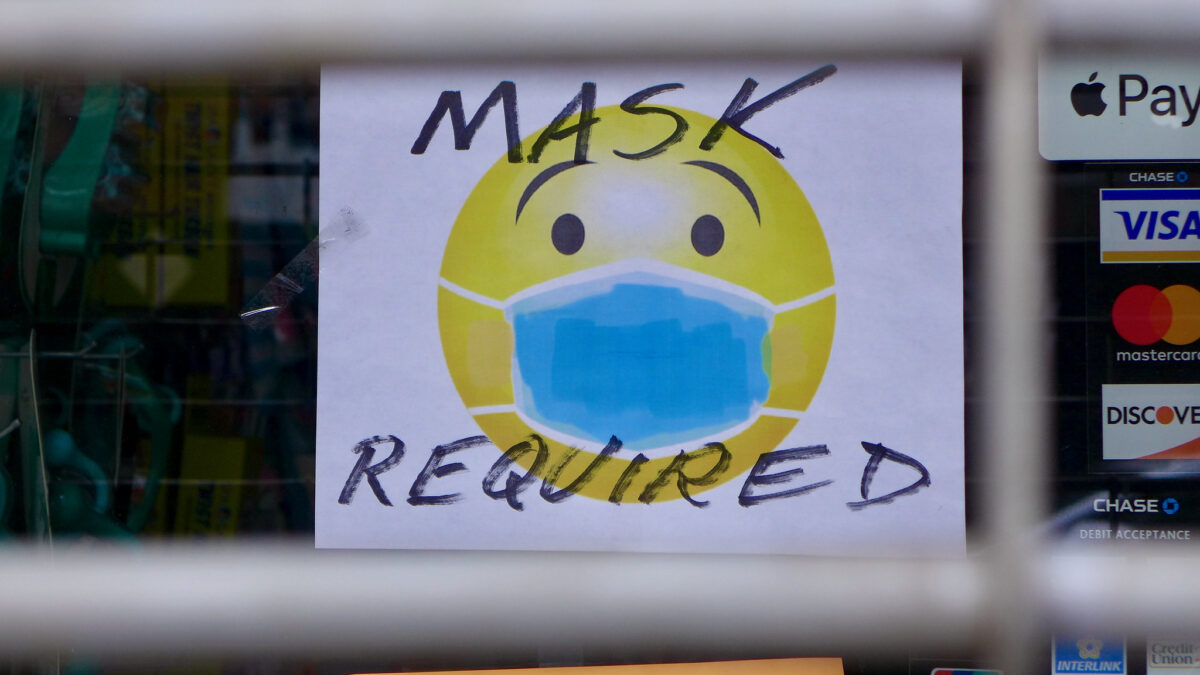The fiancée of slain Florida TV reporter Dylan Lyons hired someone to harvest his sperm hours after his death and plans to use it to manufacture a child in a lab.
The same day a rogue gunman shot and killed her 24-year-old future spouse while he was on the job, the grieving Casey Fite, along with Lyons’ mother, Beth Lyons, began researching how she could posthumously extract his biological matter and have his baby.
“That’s all Dylan talked about is having children with Casey. Their love was inseparable. They even had names picked out. That’s how devoted they were to having children,” Beth recalled in an interview for “Good Morning America.”
Fite said she called the hospital and medical examiner, both of which refused to conduct the retrieval. The examiner, however, gave Fite permission to access Lyons’ body if she found a doctor who was willing and capable of collecting Lyons’ biological matter.
Within 24 hours of Lyons’ death, Fite found a urologist who was willing to do a postmortem sperm retrieval. The invasive procedure yielded eight vials of Lyons’ gametes, which have been frozen for future use.
Harvesting and freezing a deceased man’s biological matter doesn’t guarantee Fite a legal right to reproduce, but Fite is already asking the public for $50,000 to fulfill her dream of having Lyons’ children as soon as next year. So far, she’s raised close to $5,000.
“I am devastated he can’t be here for what we always wanted. … Dylan would have been the best dad in the world … any contribution would be appreciated so we can still have our baby as I want to keep my Dylan’s legacy alive,” Fite wrote in the GoFundMe description.
Children have a natural, non-negotiable right to both their mother and father. Fite’s embrace of assisted reproductive technology sidelines that natural right to accommodate her own desires. Despite the fact that children who are deliberately brought into a single-parent home are at physical, emotional, and educational disadvantages compared to their peers, Fite is committed to conceiving, birthing, and raising a future child without his or her father.
“That’s the type of love we shared, and we didn’t believe that there’s anyone else out there for us,” Fite concluded.
Planned Orphanhood
Thanks to the rise of assisted reproductive technology, what we might call “planned orphanhood” is becoming more and more popular around the globe.
Israel often allows widows and even would-be grandparents of fallen soldiers to request postmortem sperm extraction so family names can live on. Some of the nation’s soldiers are asked ahead of time to consent to sperm extraction if they die while in service, but even that might not prevent someone from accessing their gametes. In 2019, an Israeli court greenlit the use of a dead man’s sperm for his infertile sister despite his explicit wishes that his biological matter be destroyed.
Courts in the U.S. occasionally grant similar requests. In 2019, the parents of West Point cadet Peter Zhu, who died following a skiing accident, were granted legal permission by a New York judge to harvest their son’s sperm with hopes of one day manufacturing fatherless grandchildren. Zhu, an organ donor, was kept alive for days following his accident so his parents could secure a court order guaranteeing them legal authority to commission the procedure.
Situations like Zhu’s raise questions about the legal, moral, and ethical consequences of harvesting a dead man’s sperm to knowingly create an orphaned child.
Does Fite Have a Right to Her Fiance’s Sperm?
Florida, where Fite resides, does not explicitly state whether genetic material such as sperm can be retrieved postmortem.
Proponents of posthumous reproduction say best practices are to obtain consent from the deceased prior to his passing. Lyons may have expressed a desire to start a family before he died, but he clearly did not give clear written consent for the postmortem use of his biological matter. This is evidenced by Fite’s confession that neither she nor her fiance’s mom had ever heard of harvesting a dead man’s gametes until after Lyons was dead.
“His mom and I were sitting in the kitchen and she believes that it was Dylan sending her a message because she never thought about this before. She never even knew this was a thing that you could do, and neither did I,” Fite noted.
In that same interview, Fite said getting access to Lyons’ body and finding someone to do the retrieval was “complicated,” but made no mention of getting a court order as Zhu’s parents did. Instead, she said it was the medical examiner who allowed her to move forward with the harvest.
If he had wanted to, Lyons could have made Fite his health-care surrogate, a person who has the legal right to give “all or part of a human body to take effect after the donor’s death and to be used for transplantation, therapy, research, or education.” Given the untimely nature of his death, no public mention of any severe health issues, and Fite’s determination to use Lyons’ sperm for personal reasons, this option seems unlikely.
Even then, Fite would only be allowed a say over an “anatomical gift” if Lyons’ immediate family members including parents, siblings, and grandparents did not want that authority.
If Fite wasn’t in charge and Lyons did not have a will, his death would likely be classified as intestate, which means a probate judge must confirm he has no will, no living spouses, and no living heirs to inherit his estate. This process can take anywhere from weeks to nine months, not the less than the 24 hours Fite cited for the sperm retrieval.
Florida law says intestate estate ownership should first go to the spouse of the deceased. Since Fite was not yet Lyons’ spouse and Florida has no laws that give unmarried couples the right to property from their relationship, his intestate would go to his father and mother “equally.”
There’s a chance, of course, that it was Lyons’ mom who accepted legal authority over his body and agreed to do Fite’s bidding when it came to obtaining Lyons’ biological matter. Even if that is the case, the doctor who harvested the sperm would be acting directly contrary to the Ethics Committee of the American Society for Reproductive Medicine, which says requests for posthumous retrieval by the deceased’s parents, without the written consent of the deceased, should be declined.
In the end, even if Fite’s actions were legally above board, no medical institution is compelled to follow through on her request. Studies show that most major academic medical centers don’t have a legal, moral, or ethical framework that dictates whether they should obtain and use a dead person’s gametes. Of the 41 surveyed by researchers in 2017, only 11 had policies informing posthumous sperm retrieval.
Any children Fite might conceive with Lyons’ frozen sperm will also likely not be considered his heirs. Florida Statute 742.17 says a child conceived with the gametes of a person who “died before the transfer of their eggs, sperm, or preembryos to a woman’s body shall not be eligible for a claim against the decedent’s estate unless the child has been provided for by the decedent’s will.”









